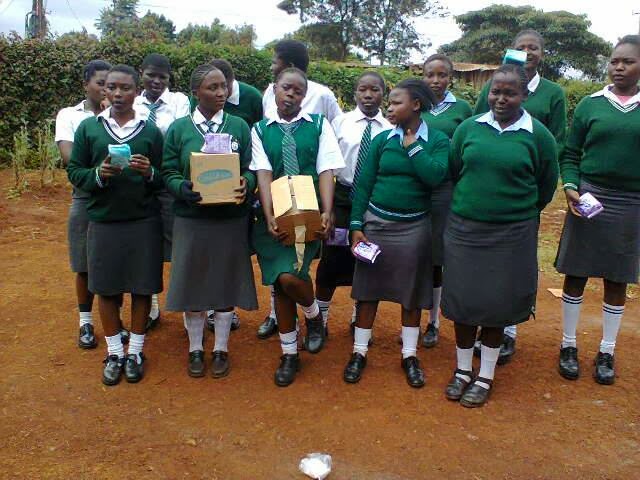Tribalism is a familiar cry in our lips, a song that has been and
will be sung for many years, and it has become the proverbial broken record. Is
there a solution to this “problem” that we face? Tribalism or ethnicity has
been blamed for many of our country’s woes and rightfully so. From conflicts
that have arisen with startling frequency, the economic performance of our
organizations where inept and incapable employees are hired or appointed on the
basis of tribe, to the distribution of resources, the sharing of the so called
national cake.
Yet here I stand and state that tribalism is not and never has been
a problem, especially in our great country Kenya. Why do I say this? This is because tribalism is a guise, a mask
worn by great and many others (REAL) problems that plague us. Because tribalism
is a weapon for the conqueror to use in managing his oppressed; from the
Colonialists divide and rule policy to the modern day politicizing of tribalism
to obtain votes. The aforementioned problems include ignorance, our lack or too
little national spirit, economic hardships uneven development across the
country and many, many more.
Economic issues are the main problem of our country. Many Kenyans
live below the poverty line, the cost of living seems to be increasing in
geometric progression and many other numerous problems requiring money keep
arising. A man would be less inclined to entertain vehement tribalism in his
mind if he is economically secure. When you find a large group of the youth
being unemployed and nothing worthwhile to do their minds end up being the
proverbial devils workshop and these are the people you find in the conflicts
believing that some tribe is responsible for their situation or on the other
hand protecting “their” tribes wealth.
While who to blame (for the economic situation) is an open
question, most people’s favorite answer and mine would be our politicians whose
antics can only be said to be unbelievable. Now as most of these politicians
would rather not have us demanding for their heads on a platter, they have
devised various ways of distracting us from themselves. The most common way is
the tribe issue, which they have perfected as a weapon of misdirection, as they
rob the nation’s coffers.
We even find violent conflicts arising over some tribe’s watering
holes in the arid and semiarid areas of Kenya. Read that again…Yes, watering
holes. In this age and time a person may lose his life over a watering hole.
Why can’t the so called entertainment budgets we all read about be used to dig more
holes? Or even have the tribes in question join hands and dig more holes.
Instead, politicians are busy stroking the fire of tribalism instead of solving
their peoples’ problems.
Ignorance is one of the greatest perpetrators of tribalism in
Kenya. If all I know about tribe X comes from local myths, stories and general
view of my society, if all I know comes from my politicians, if I have never
gotten to meet a flesh and blood person from tribe X; then how do you expect me
to believe or know otherwise? It is not until you meet and interact with people
from other tribes that you realize how generally alike we all are. For those
who have interacted with people from other tribes, it is painfully obvious that
most of our preconceived ideas are dead wrong, not all members of tribe Z are
witches and wizards, not all members of tribe Y are thieves and this can go on
to ad infinitum. No tribe is composed of a single individual so no tribe stands
to be judged by the conduct of a few of its members.
We need to realize that everybody in Kenya is fighting their own
battles regardless of the tribe. All tribes in Kenya have poor people, all
tribes in Kenya face the same economic hardships like everyone else and all of
us are Kenyans.
An Article by Wanyoike Muiruri
University of Nairobi
Law Student

